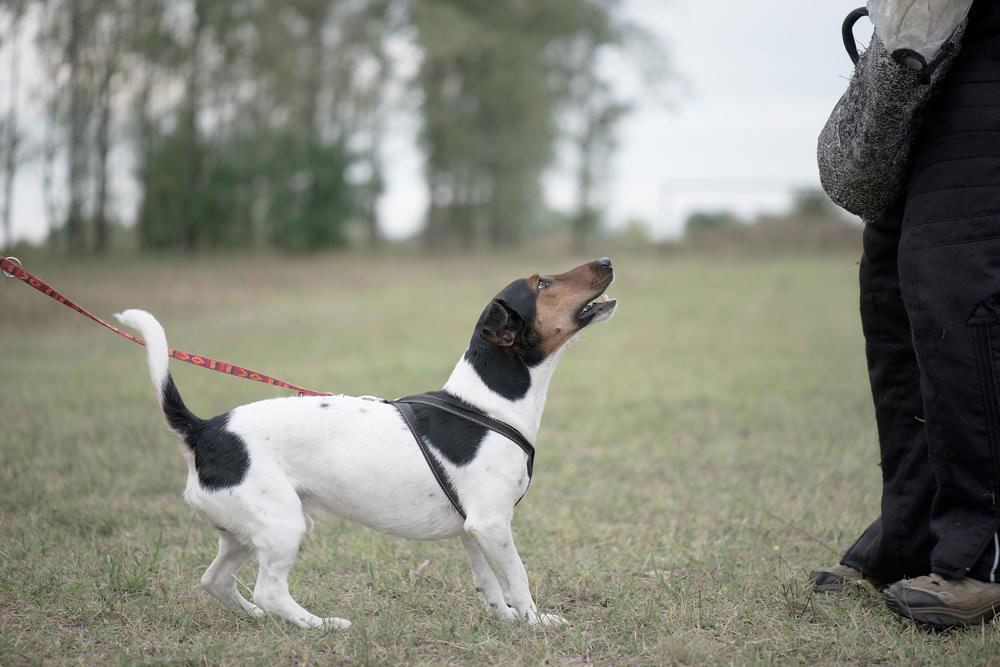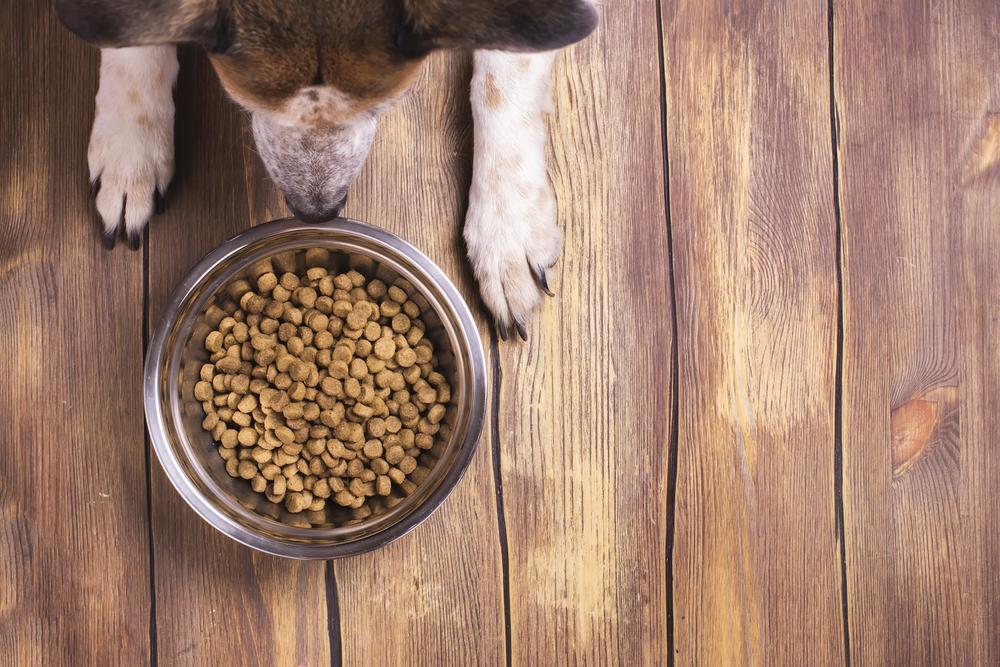Guide to Selecting the Right Hypoallergenic Dog Food
Discover essential tips for choosing hypoallergenic dog food, recognizing common allergens, and ensuring your pet's health. Learn how to differentiate food allergies from intolerances and find the best diet tailored to your dog's needs. Consult with vets for optimal results and keep your furry friend happy and healthy with informed dietary choices.

Guide to Selecting the Right Hypoallergenic Dog Food
Ensuring your canine companion's health involves providing the best nutrition possible. This includes considering their environment, social surroundings, and most importantly, their diet. Just like children, dogs deserve quality food to thrive.
Recently, many pet owners have noticed their dogs developing food sensitivities, even after years of eating the same brand. Recognizing these allergies and choosing suitable hypoallergenic options is crucial for your pet's well-being.
Here are key factors to consider when selecting the best hypoallergenic dog foods for your pet.
Common Food Allergens in Dogs
Pet owners frequently report allergies linked to the following ingredients:
-Beef
-Dairy
-Chicken
-Lamb
-Wheat
-Fish
-Soy
-Corn
While these are common protein sources, dogs are not inherently allergic to them. Constant exposure may trigger sensitivities. Identifying the specific allergen helps in choosing the right diet for your furry friend.
Ingredients That Minimize Allergic Reactions
Once you understand potential allergens, look for foods with hypoallergenic components. Here's what to keep in mind:
Limited Ingredient Diets
When testing for allergies, opt for foods with fewer ingredients to simplify identifying problematic components.
Novel Protein Sources
Try options with less common proteins like buffalo, pheasant, kangaroo, or millet, which your dog may tolerate better.
Veterinarian-Recommended Diets
These specialized foods are often prescribed by vets and contain hypoallergenic ingredients tailored to address food sensitivities effectively.
Distinguishing Food Allergy from Intolerance
Food allergies involve an immune response, where the body reacts negatively to certain proteins. Symptoms often include skin issues, itching, or hives. In contrast, food intolerance relates to digestion problems and cannot be completely cured, only managed.
It's vital to consult a veterinarian to identify the cause and select the proper diet for your pet's condition to promote health and comfort.
Are Food Allergies Always Caused by Diet?
Not necessarily. Surprising as it may seem, only about 10% of pet allergies stem from food. Environmental factors, pollen, or other irritants can also play a role. Nonetheless, feeding your dog a diet suited to their allergies can prevent worsening of symptoms. If your pet shows signs such as skin rashes, excessive itching, paw licking, nausea, or diarrhea, seek veterinary advice and consider allergy-specific food options to support their health.










